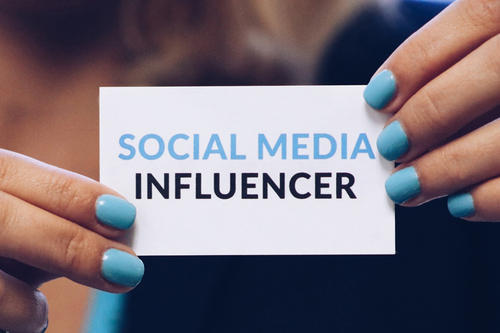In the past few days, two developments caught my attention. One that everyone in the nation knows… involving a TV editor and anchor and a well-known stand-up comedian. Second is an interim injunction passed in the Bombay High Court directing a Video Blogger to remove a video containing alleged defamatory and disparaging remarks about an Indian consumer brand.
The two developments bring the oft-discussed point of social media influences and influencer marketing to the limelight. What responsibility do they shoulder and what best practices do they follow? More importantly, how should the social media space be regulated, or should it be regulated at all?
Putting the horse before the cart?
Experts define social media influencer as someone who is on social media and has credibility in a subject or industry. The influencer has a large following by their authenticity and reach. Brands and companies use such influencers for endorsements and product placements. It is today part of their influencer marketing strategy.
Several influencers on social media consider this as their profession and are meticulous. They adopt a high sense of ownership and responsibility towards both their followers and the brands they attempt to influence. And then there are those who are either celebrity influencers or wannabe celebrities and influencers who may not have applied caution to getting the basics right. As in any profession, this exists here too. This brings us to the fundamental question, what gets priority? Subject matter expertise or fan following?
Responsible social media influencing
The question is how to instill responsible social media influencing? Like responsible journalism and responsible communication, is there a need for responsible social media influencing? Should there be a code of conduct for social media influencers that takes into account how much domain knowledge they have and what expertise they bring to the table about a subject or a brand other than their creativity and follower base?
Free speech is a fundamental right in a democracy, and social media has become its facilitator. It is a potent combination. As the judge in the case of the Indian consumer brand observed, a social media influencer who has or claims to have sound knowledge on what they claim their niche is and uses that knowledge to influence people has a responsibility that should be assumed carefully. In today’s time, when people from all over the world are harnessing the potential of social media influencing, there is a need to understand what these responsibilities are and why they matter so much.
Whose responsibility is it?
Responsibility does not lie with influencers alone. It is a collective responsibility between companies, social media firms and influencers. More often than not, firms and companies tend to strategise their influencer campaigns based on the followers one has. It is akin to the traditional PR mentality of seeing your brand name in the largest circulated media. Qualitative analysis often goes missing.
Social Media influencers have the potential to be the spin doctors of tomorrow. A spin doctor is one who purportedly provides a biased interpretation to influence public opinion. Spin, in this case, implies deceptive or non-factual or manipulative tactics. PR and Advertising firms are blamed as one section of communicators practising it. In the future, they may get blamed for indulging in strategies that don’t propagate responsible social media influencer practices.
The views and opinions published here belong to the author and do not necessarily reflect the views and opinions of the publisher.



Be the first to comment on "Are social media influencers spin doctors of tomorrow?"